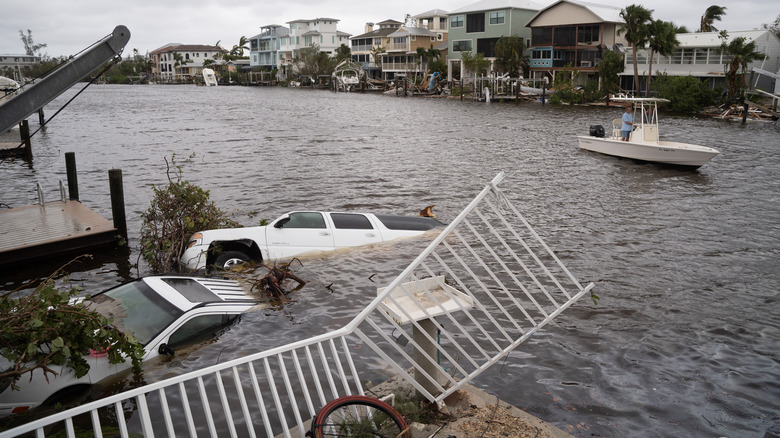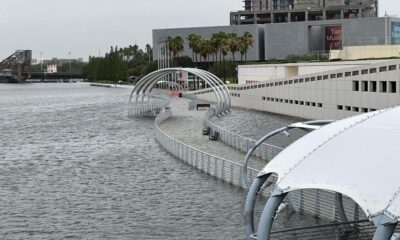A hardline strategy that reduced murders, gunfire, and collateral deaths
The Bahamas, February 8, 2026 – What happens when police stop routinely granting bail to high-risk suspects and aggressively execute outstanding warrants? In The Bahamas, the answer in 2025 was fewer murders, fewer gunshots, and safer communities.
The Royal Bahamas Police Force arrested 4,337 individuals on outstanding warrants last year, ensuring suspects were brought directly before the courts instead of being released back onto the streets. At the same time, police significantly curtailed the use of police bail for high-risk and repeat offenders, particularly those already entangled in violent disputes.
Police Commissioner Shanta Knowles said the shift was informed by hard lessons from previous years. Intelligence reviews showed that many homicide victims were not random targets, but men already wanted by law enforcement and — critically — by other criminals. When released on bail, those individuals often became targets themselves, triggering retaliatory shootings that spilled into neighbourhoods, roadways and public spaces.
many homicide victims were not random targets, but men already wanted by law enforcement and — critically — by other criminals. When released on bail, those individuals often became targets themselves, triggering retaliatory shootings that spilled into neighbourhoods, roadways and public spaces.
By keeping high-risk suspects in custody pending court appearances, police say they disrupted that cycle — removing both potential offenders and potential victims from the streets.
The impact was stark. Murders declined by 31 percent in 2025, falling from 120 in 2024 to 83, the largest percentage decrease in homicides since national tracking began in 1963 and the lowest murder count in nearly two decades.
Police leaders say the strategy also reduced the collateral damage that had increasingly alarmed communities. Innocent residents had been caught in “sprays of gunfire” as targeted attacks unfolded in residential areas, at traffic stops, and in public settings.
Gun-violence indicators reflected the change. Gunshot reports fell by 35 percent, while incidents detected by ShotSpotter technology declined by 29 percent, confirming that fewer shots were being fired across the country.
“Gunshots ringing out and cutting through our peaceful paradise were down remarkably,” Commissioner Knowles said, attributing the improvement to decisive enforcement, tighter bail practices, and sustained pressure on offenders.
Police also intensified enforcement against breach of bail conditions, charging and detaining more suspects than in any previous reporting period. Officers say the approach removed the opportunity for repeat offending while matters were before the courts.
Police leadership said the results go beyond statistics. By limiting bail for high-risk suspects and executing warrants at scale, the strategy saved lives, protected bystanders, and restored confidence in public safety.
In 2025, fewer people were hunted, fewer bullets were fired, and fewer families were left grieving — a shift police say was no accident, but the result of deliberate, hardline choices.
Angle by Deandrea Hamilton. Built with ChatGPT (AI). Magnetic Media — CAPTURING LIFE.


 News6 days ago
News6 days ago
 Caribbean News7 days ago
Caribbean News7 days ago
 News6 days ago
News6 days ago
























